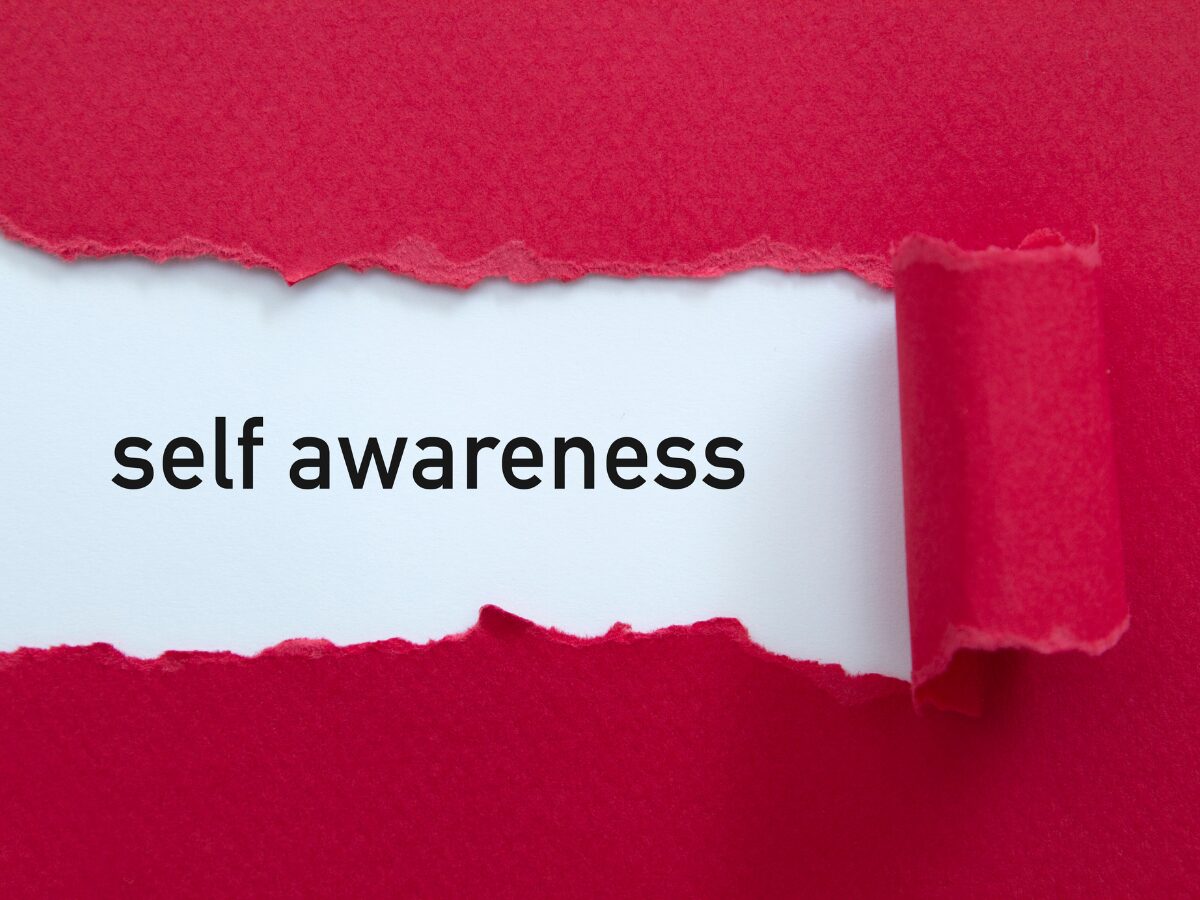Introduction
Supporting your partner’s emotional needs is a cornerstone of a healthy relationship, but doing so effectively requires a strong sense of self-awareness. Self-awareness is the ability to recognise your own emotions, thoughts, and behaviours, and understand how they influence your interactions. By developing this skill, you can respond to your partner’s emotions with empathy, patience, and intentionality, creating a deeper connection and fostering mutual support.
This article explores the importance of self-awareness in relationships and provides actionable steps to help you better understand yourself and support your partner’s emotional needs.
Why Self-Awareness Is Essential in Relationships
Strengthens Emotional Connection
Being attuned to your own feelings allows you to connect more deeply with your partner by recognising and validating their emotions.
Example: When you’re aware of your tendency to withdraw during arguments, you can work on staying present and engaged to support her emotional needs.
Reduces Misunderstandings
Self-awareness helps you communicate more effectively by recognising when your emotions might cloud your judgment or impact how you interpret your partner’s behaviour.
Example: If you know that stress makes you irritable, you can acknowledge it and avoid projecting frustration onto your partner.
Encourages Empathy
Understanding your own emotions makes it easier to empathise with your partner’s feelings, creating a safe space for them to share and feel supported.
Example: Recognising that you feel overwhelmed during busy weeks can help you relate to your partner’s need for emotional reassurance when she’s under similar pressure.
Steps to Develop Self-Awareness
Reflect on Your Emotional Patterns
Take time to analyse how you typically react in various situations, particularly those involving conflict, stress, or vulnerability.
- Track Your Reactions: Pay attention to moments when you feel strong emotions and consider what triggered them.
- Recognise Recurring Patterns: Look for consistent behaviours, such as avoiding conversations or becoming defensive.
Example: If you notice you often interrupt during emotional discussions, this awareness can help you practice active listening instead.
Identify Emotional Triggers
Understanding what provokes strong emotional responses allows you to manage them more effectively and remain present for your partner.
- Internal Triggers: Reflect on personal insecurities or past experiences that influence your reactions.
Example: A history of feeling unheard might make you overly sensitive to perceived dismissiveness. - External Triggers: Note specific behaviours or situations that evoke strong emotions.
Practice Mindfulness
Mindfulness helps you observe your emotions without judgment, enabling you to respond intentionally rather than react impulsively.
- Stay Present: Focus on the current moment instead of ruminating on past arguments or worrying about future conflicts.
- Use Grounding Techniques: Deep breathing, meditation, or counting backward can help calm intense emotions.
Example: Before responding in an emotional conversation, take a moment to breathe and ensure your response aligns with your intentions.
Seek Feedback From Others
Sometimes, those close to you can provide valuable insights into your behaviours and emotional patterns.
- Ask Your Partner: Invite constructive feedback about how your actions affect her emotional experience.
Example: “Do you feel supported when we have emotional conversations? Is there something I could do differently?” - Be Open to Criticism: View feedback as an opportunity for growth rather than a personal attack.
Applying Self-Awareness to Support Her Emotional Needs
Understand Her Perspective
Self-awareness helps you approach your partner’s emotions with curiosity and empathy.
- Ask Thoughtful Questions: Encourage her to share her feelings and needs in her own words.
Example: “How can I best support you when you’re feeling overwhelmed?” - Validate Her Feelings: Acknowledge her emotions without dismissing or minimising them.
Example: “I can see why that would upset you. I’m here to listen.”
Manage Your Emotional Responses
Staying composed during emotionally charged moments allows you to prioritise her needs without letting your own feelings take over.
- Pause Before Reacting: If you feel defensive or overwhelmed, take a moment to collect your thoughts.
Example: Instead of saying, “Why are you so upset about this?” try, “I want to understand what’s bothering you.” - Regulate Your Tone and Body Language: Show that you’re engaged and supportive, even if the conversation is challenging.
Balance Support With Independence
While it’s important to provide emotional support, self-awareness helps you maintain healthy boundaries and avoid overextending yourself.
- Recognise Your Limits: Be honest about what you can offer without compromising your own well-being.
Example: “I want to be there for you, but I need a little time to process my own emotions before we continue talking.” - Encourage Her Independence: Support her in finding additional coping strategies or resources, such as journaling or therapy, if needed.
Be Consistent in Your Actions
Self-awareness enables you to align your behaviours with your intentions, building trust and emotional safety in your relationship.
- Follow Through on Promises: If you commit to being more attentive or supportive, ensure your actions reflect that commitment.
Example: If you promise to check in regularly, set reminders to follow through. - Be Patient: Emotional needs may evolve over time. Show a willingness to adapt and grow alongside your partner.
Benefits of Supporting Her Emotional Needs With Self-Awareness
Enhances Emotional Intimacy
Being in tune with your own emotions allows you to connect more deeply with your partner, creating a safe space for mutual vulnerability.
Strengthens Trust
Consistently responding with empathy and understanding fosters a sense of security and trust in the relationship.
Reduces Conflict
When you manage your emotions effectively, it’s easier to navigate disagreements without escalating tensions.
Encourages Mutual Growth
Practising self-awareness not only benefits your partner but also promotes your own personal and emotional development.
Conclusion
Supporting your girlfriend’s emotional needs starts with understanding your own emotions and behaviours. By cultivating self-awareness, you can navigate challenging moments with empathy, patience, and thoughtfulness. This foundation of emotional intelligence strengthens your connection and helps your relationship thrive.
Developing self-awareness is a journey, but the effort pays off in deeper intimacy, stronger communication, and a partnership built on mutual respect and understanding. By recognising and responding to her emotional needs intentionally, you create a dynamic where both partners feel valued and supported.
References
- How Self-Awareness Strengthens Your Marriage – Sandra Harewood Counselling
- Develop Self-Awareness and Improve Your Relationships – Tiny Buddha
- 3 Ways Self-Awareness Can Improve Your Marriage – Psychology Today


